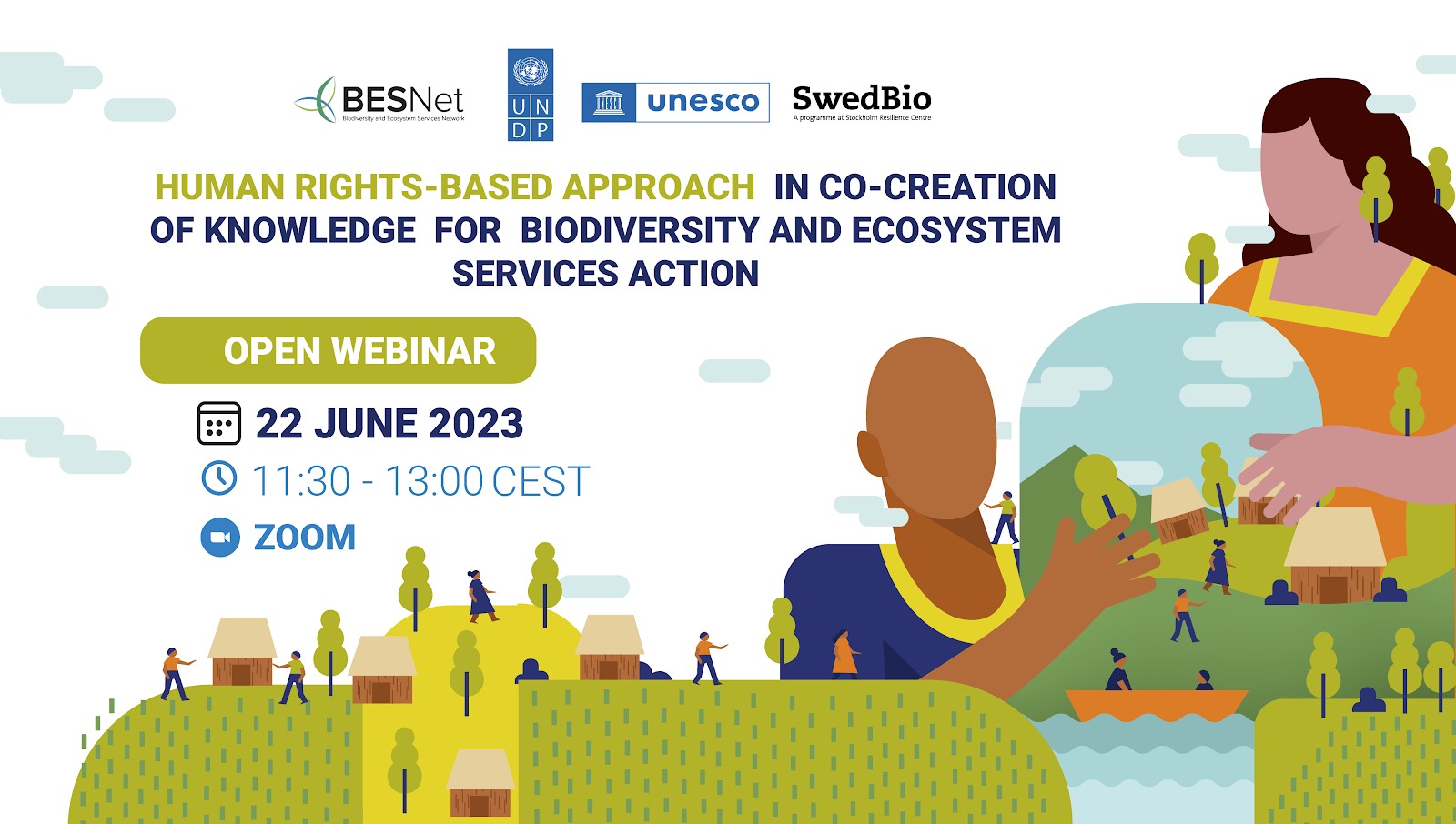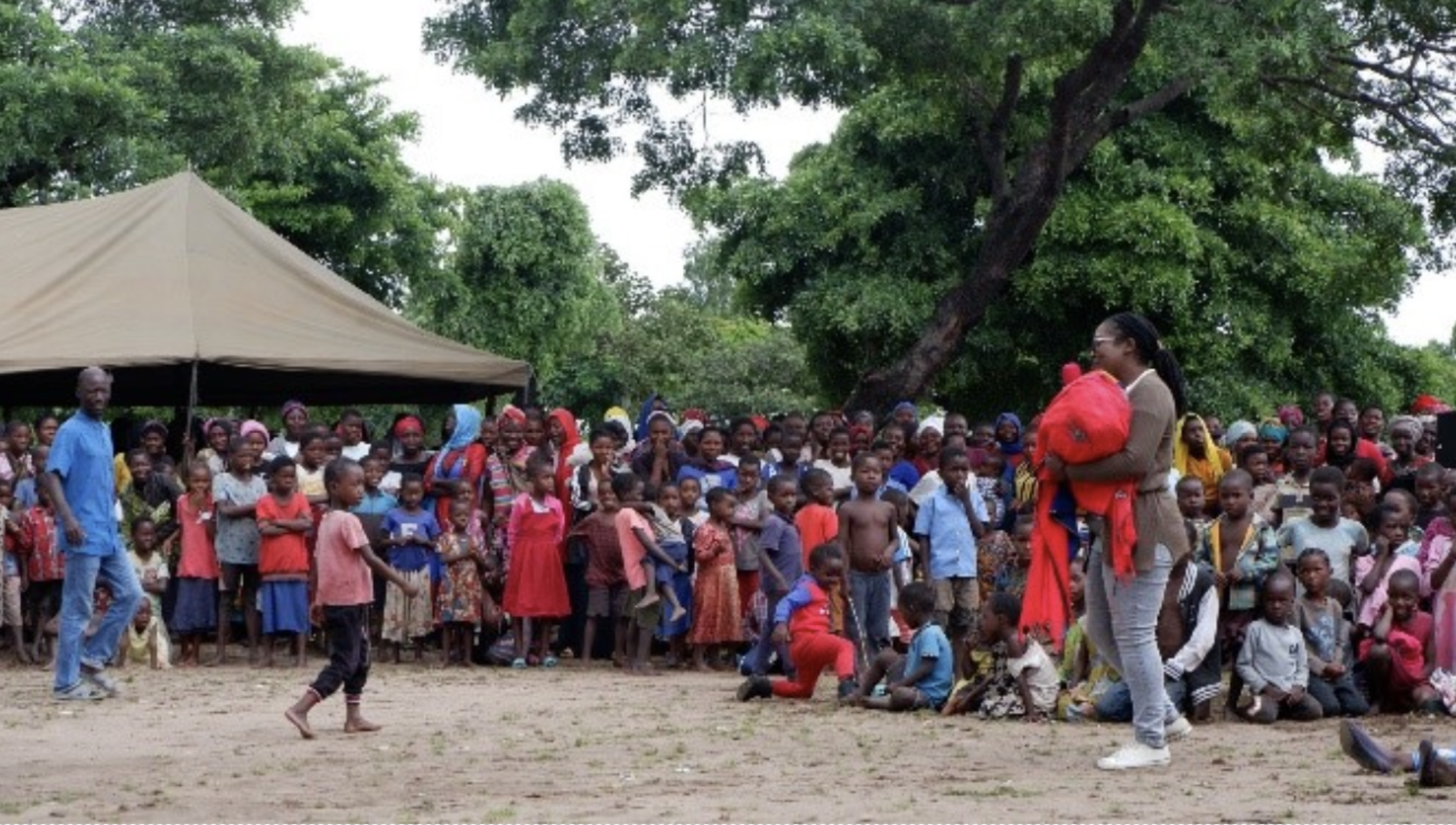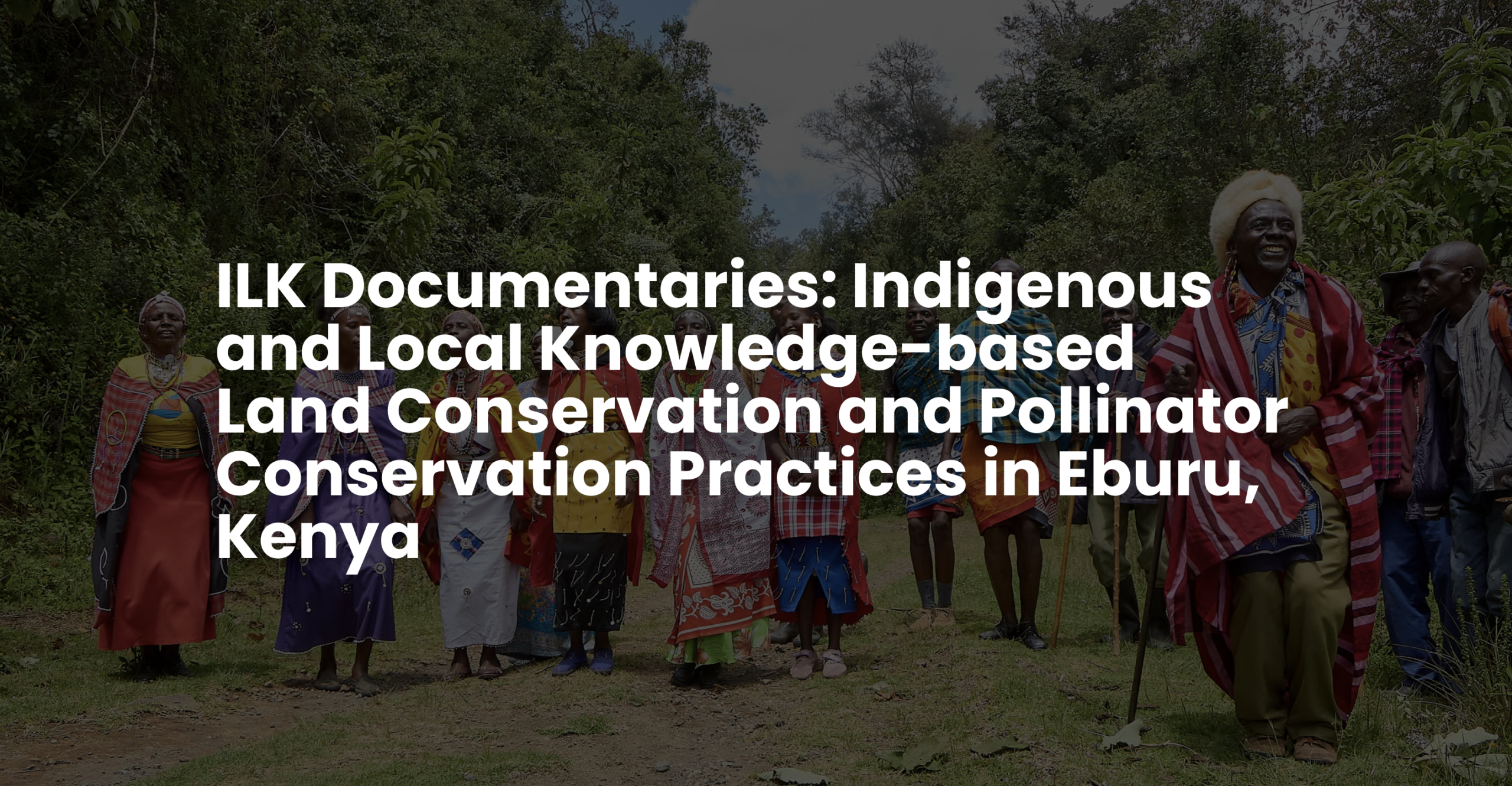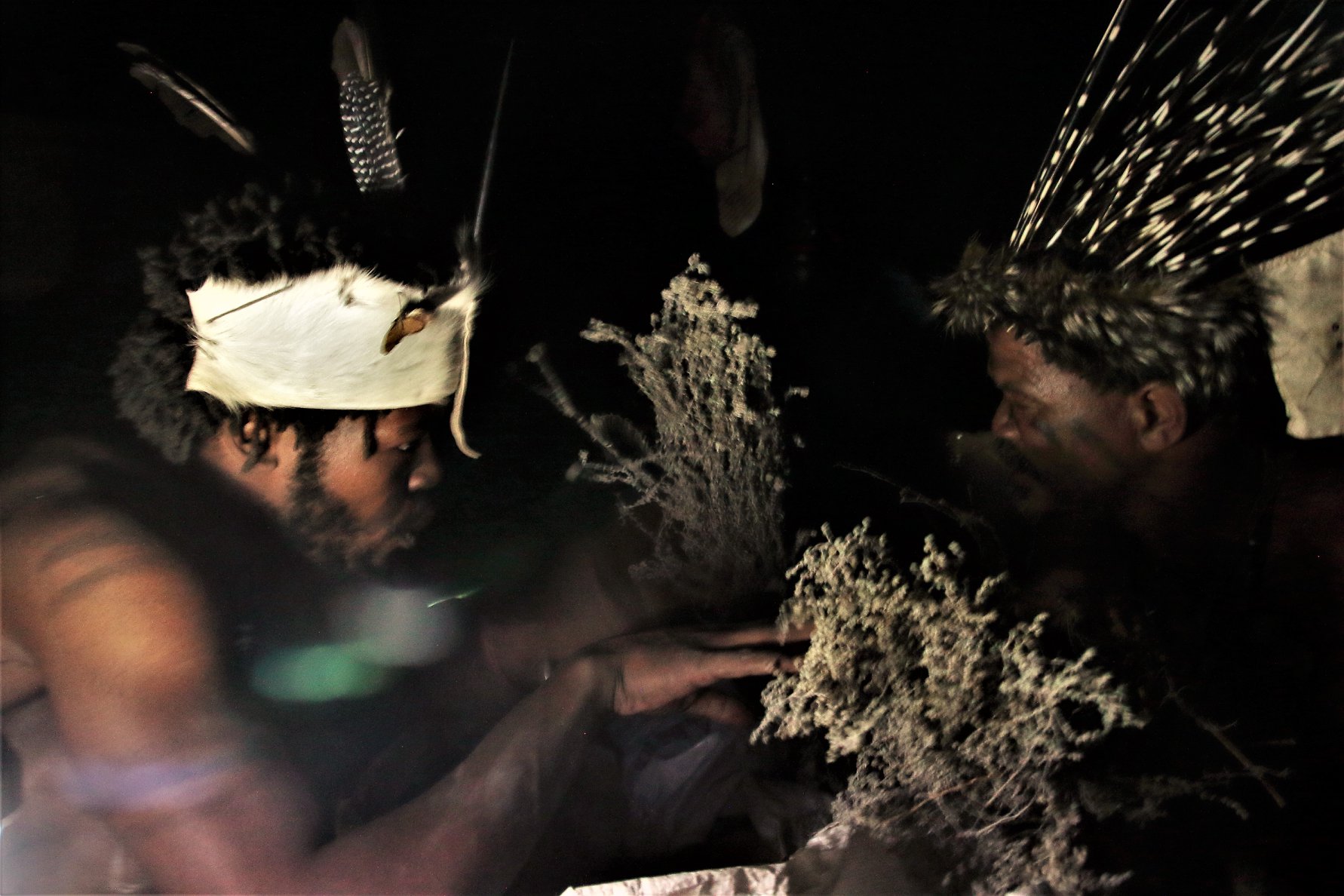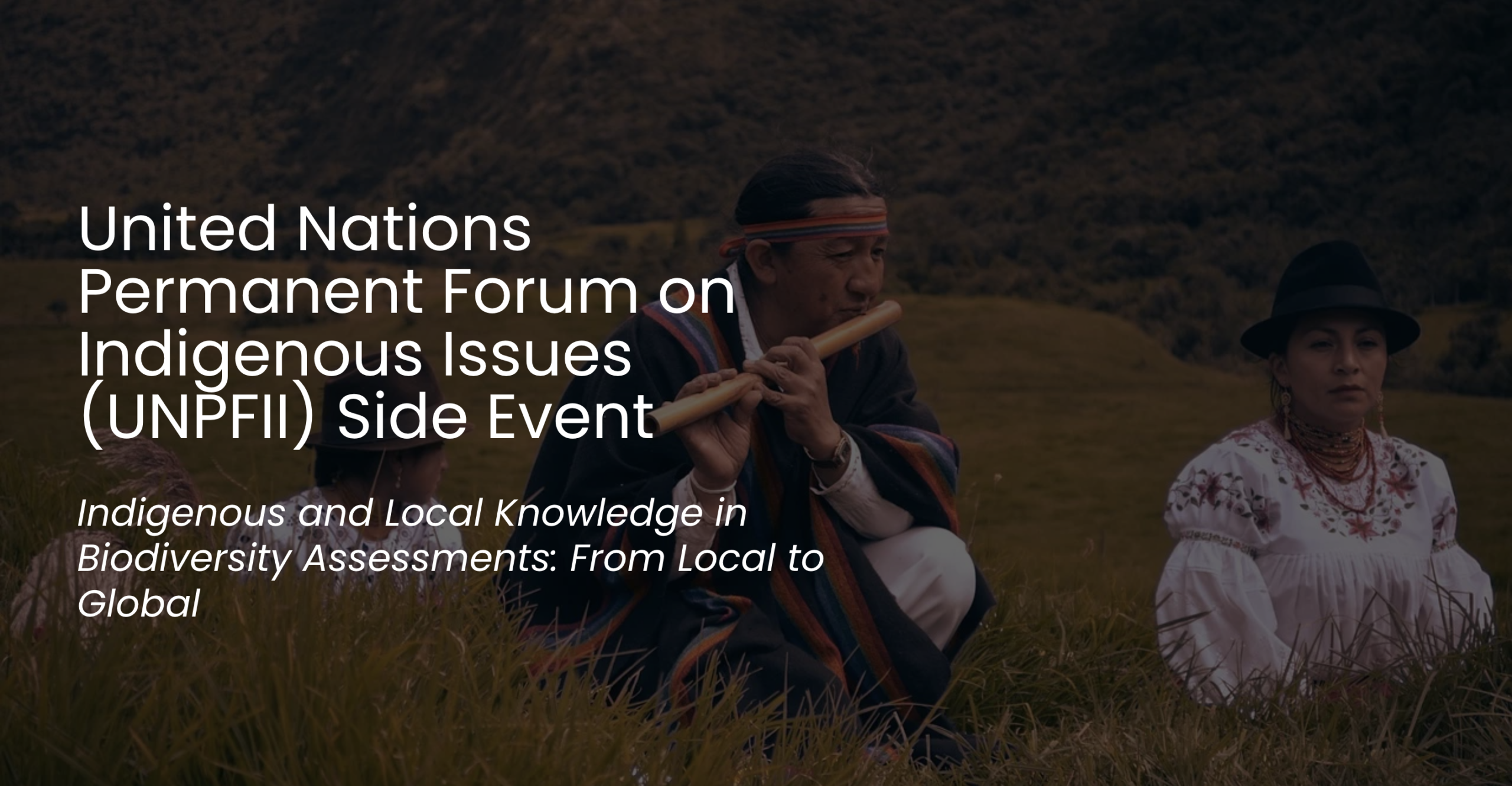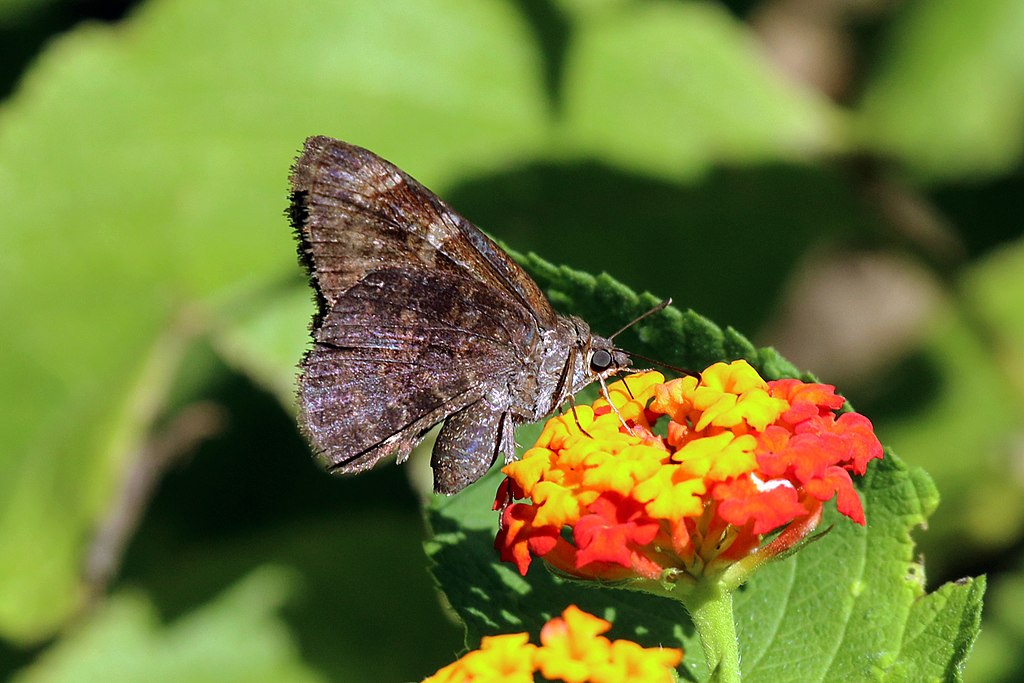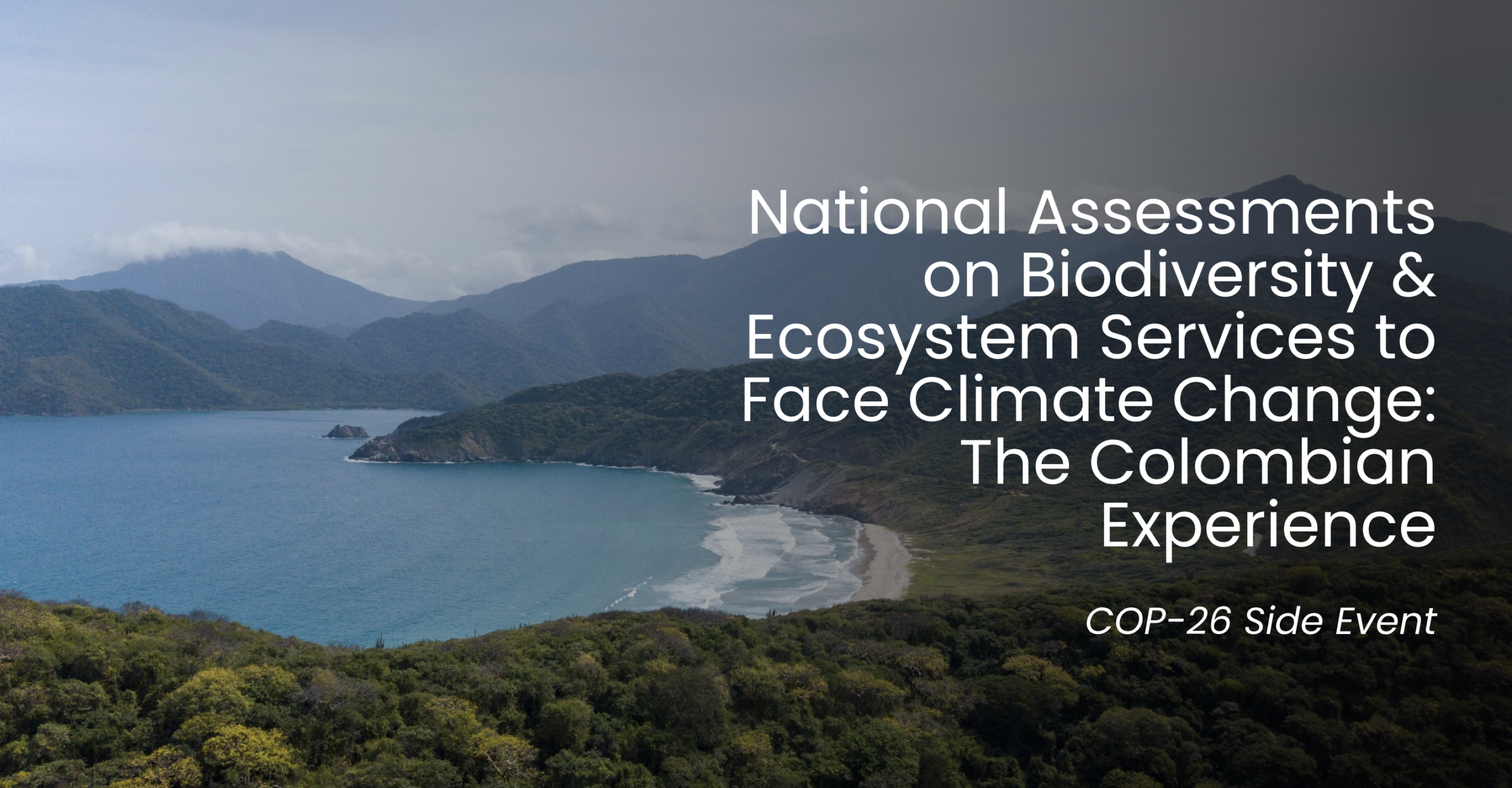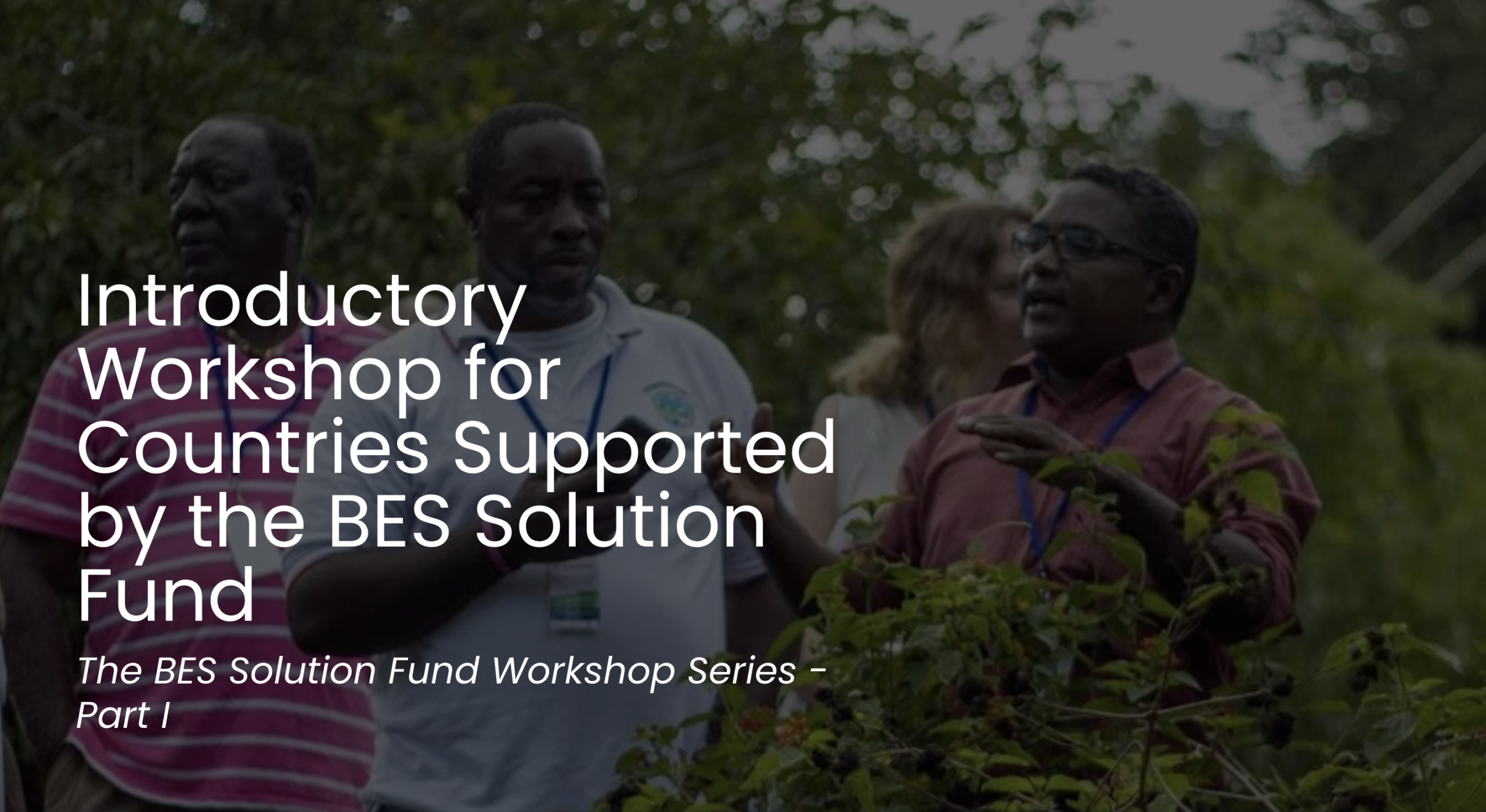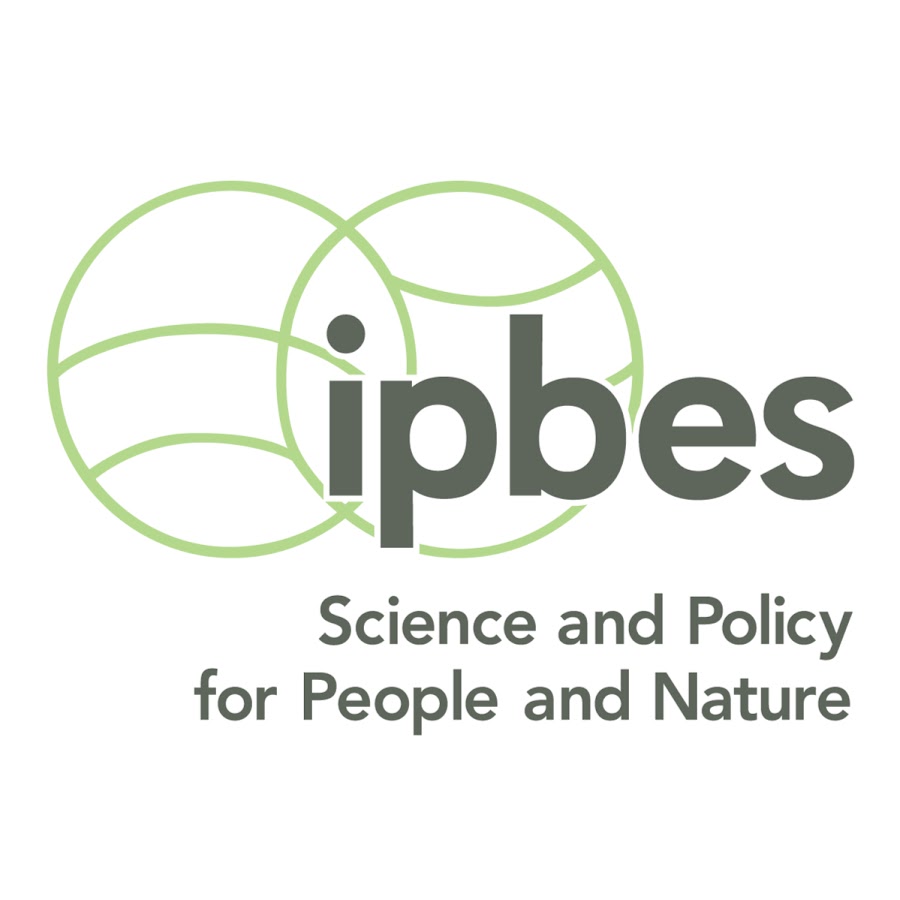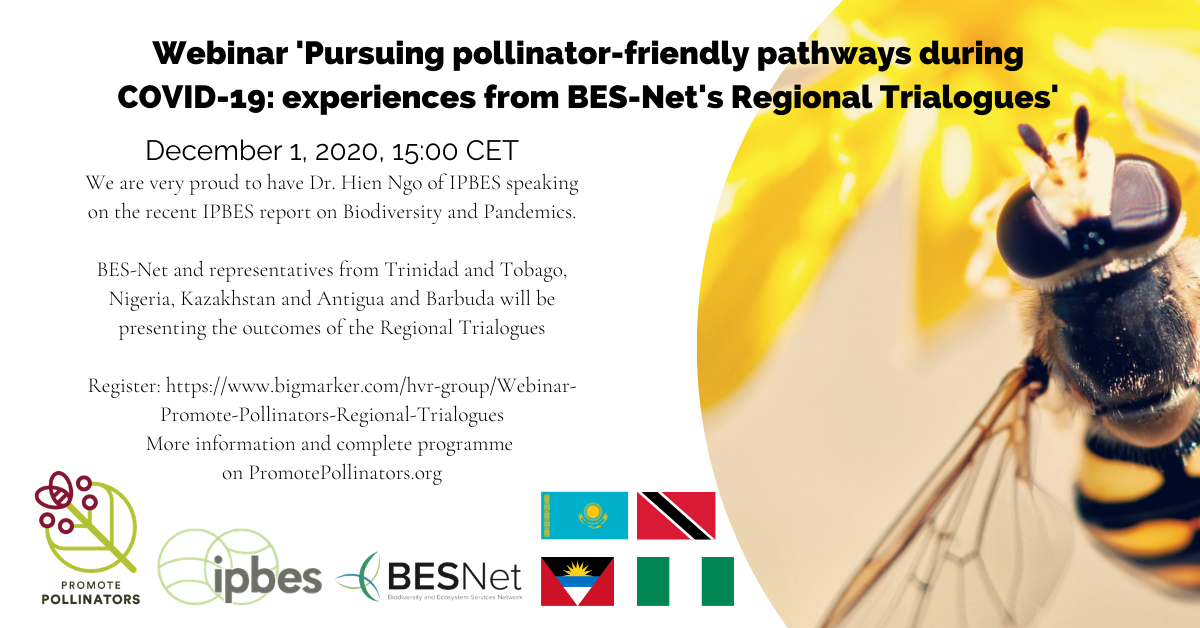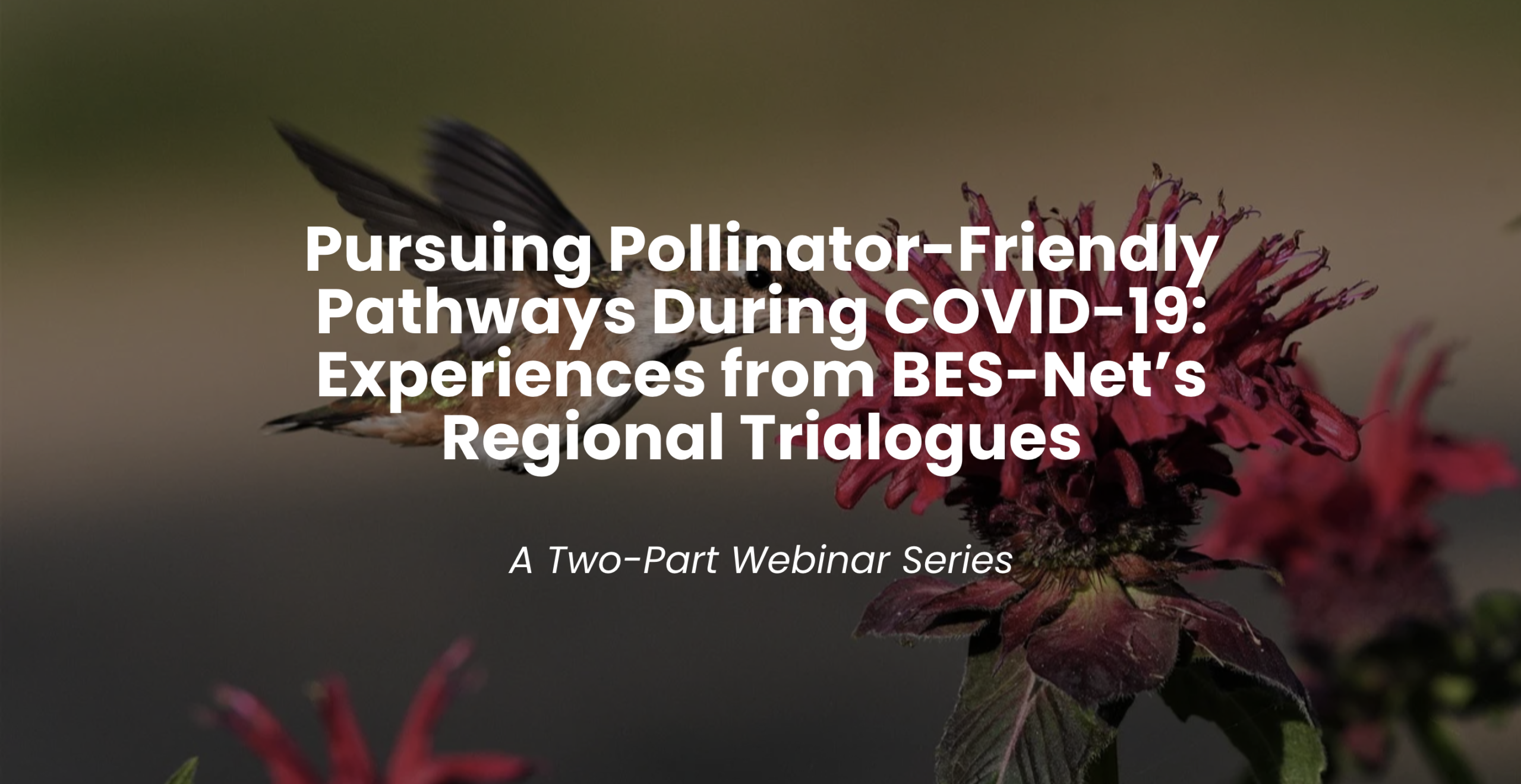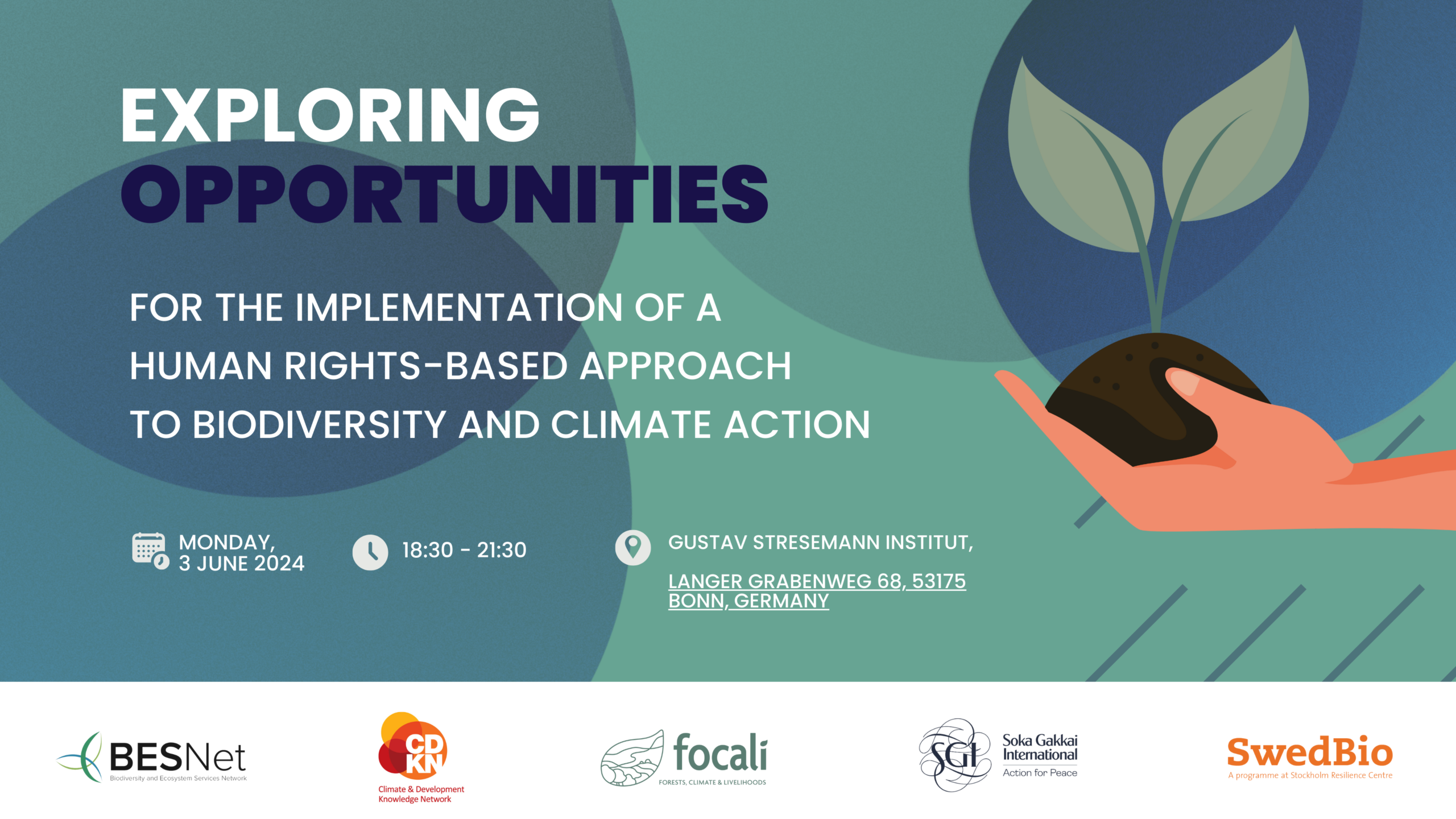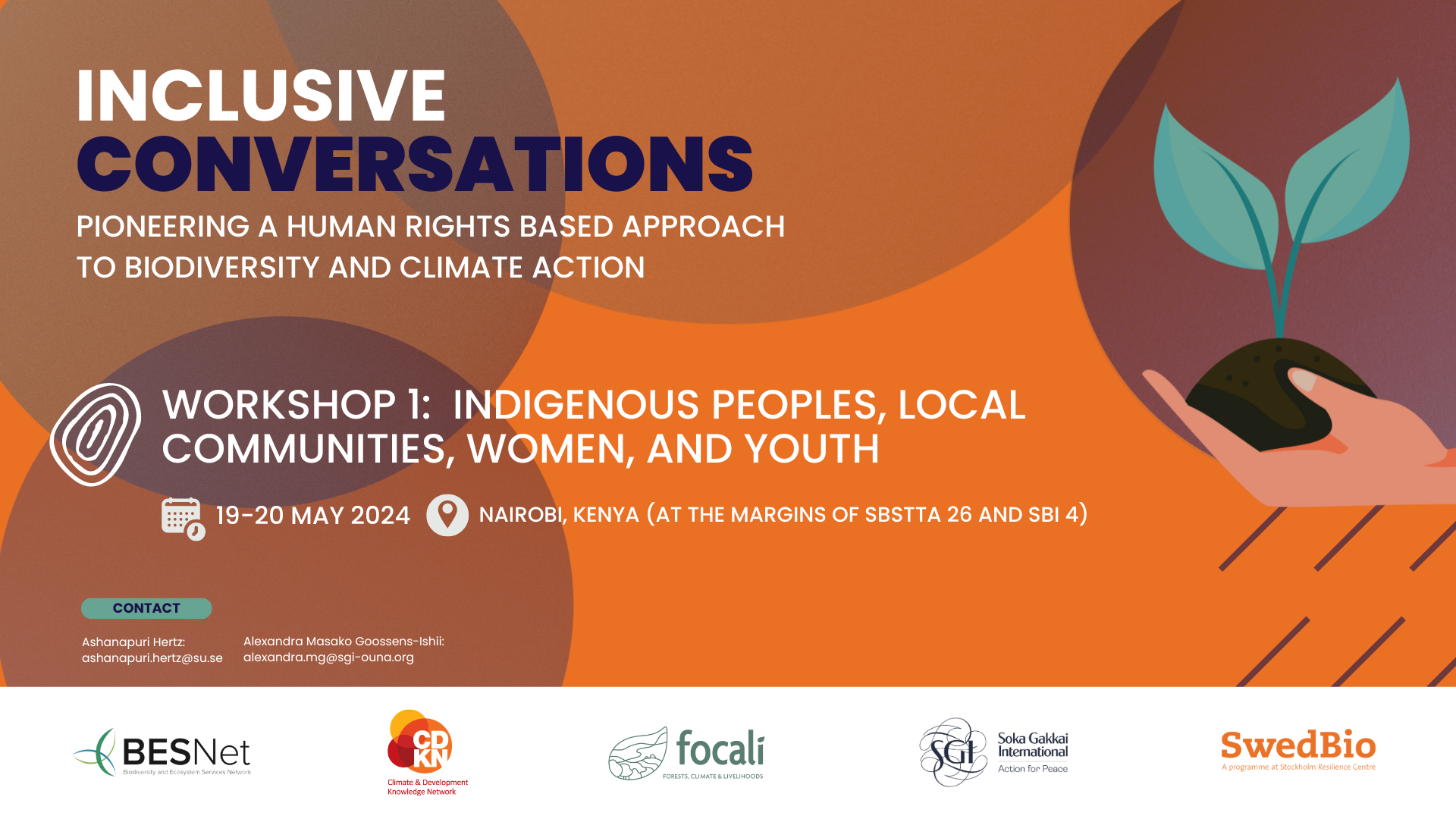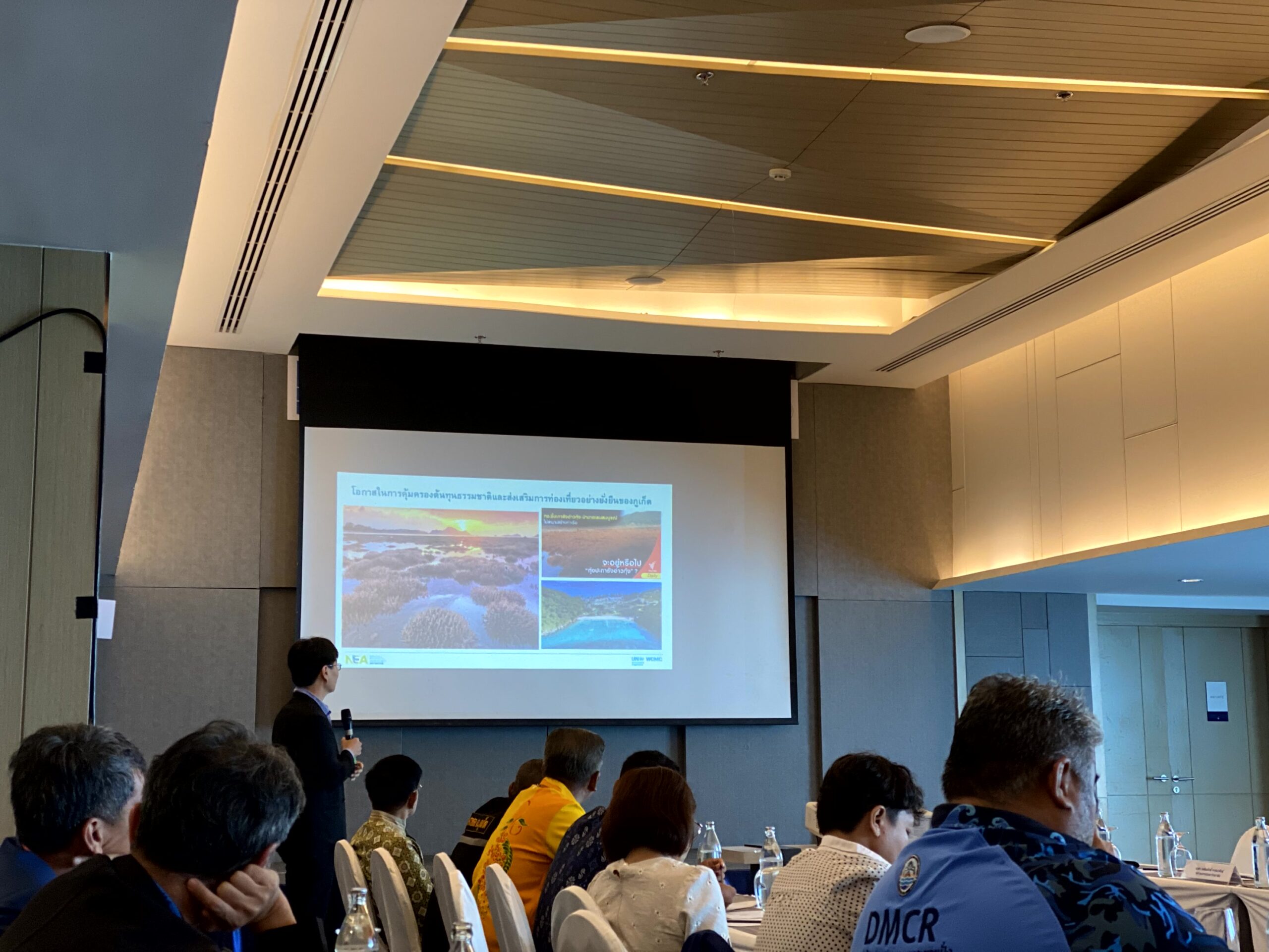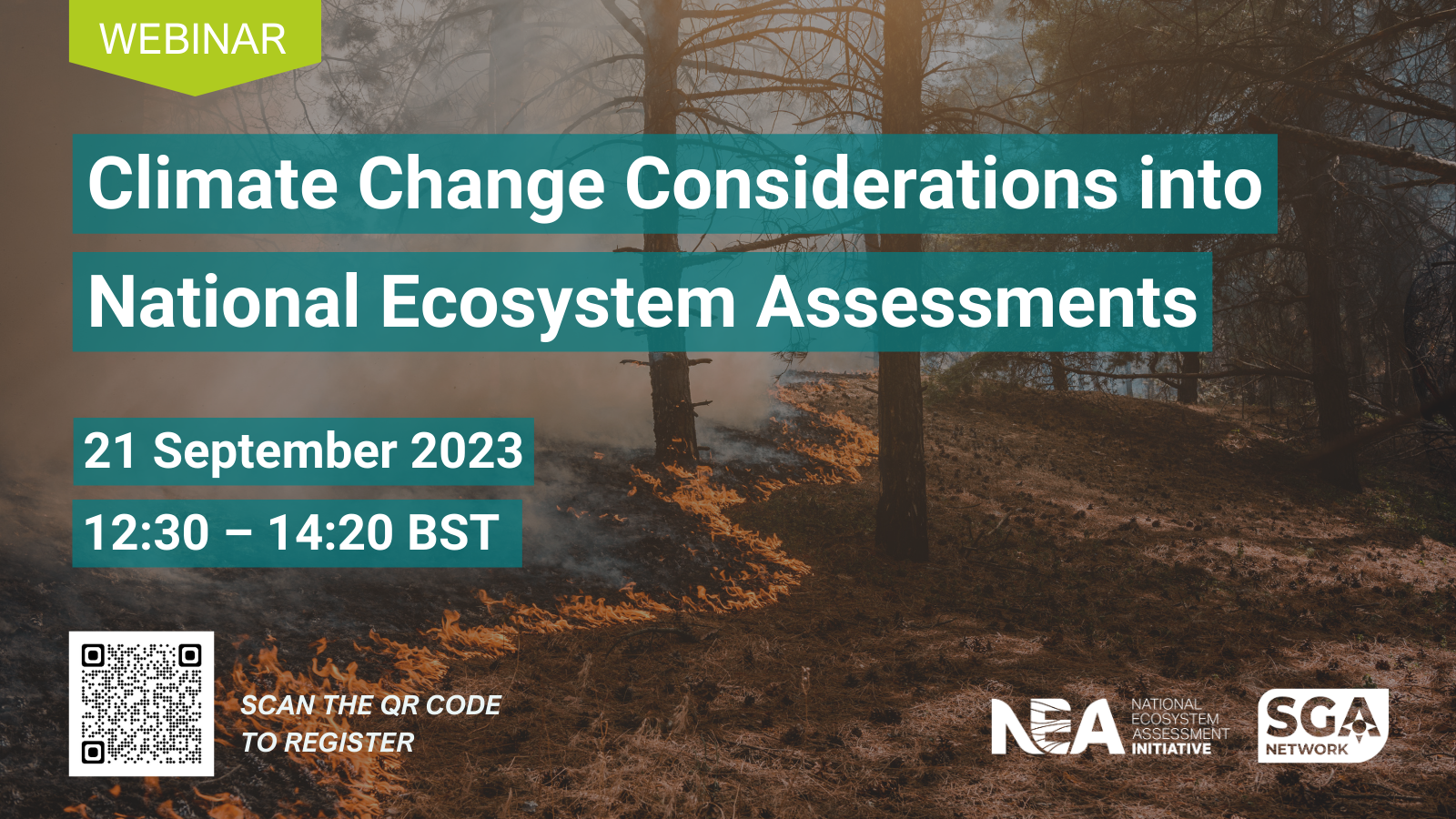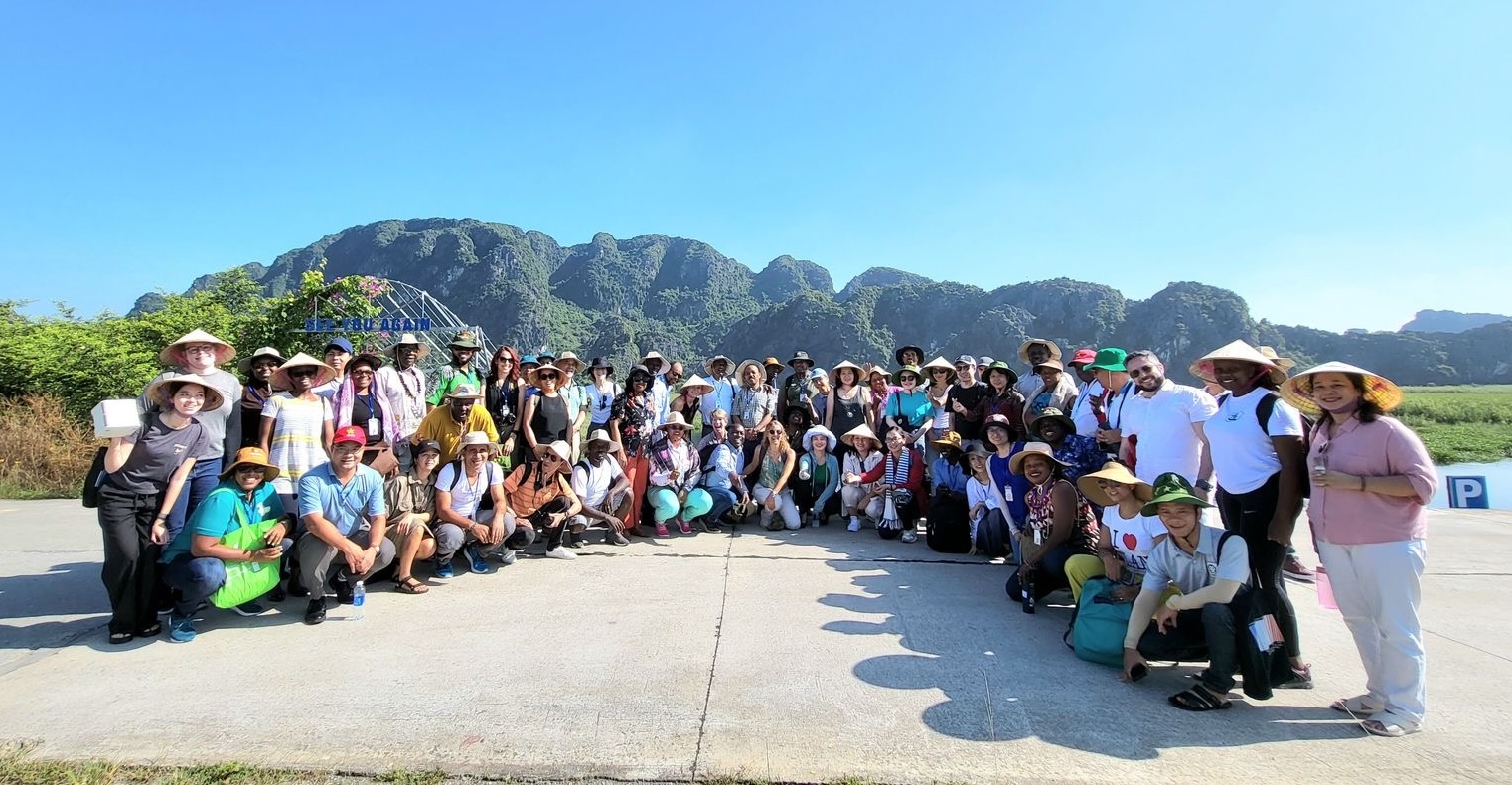Invasive Species: Bridging Knowledge and Action for Global Biodiversity Conservation

Photo by FlyingBatt on Wikimedia Commons
Photo by FlyingBatt on Wikimedia Commons
The United Nations Developing Programme (UNDP), the United Nations Environment Programme (UNEP) and the Convention on Biological Diversity (CBD) have worked together with partners to organize the Nature for Life Hub, which aims to raise awareness and mobilize global action on nature.
The Nature for Life Hub 2023 was aimed at driving the implementation of the Kunming-Montreal Global Biodiversity Framework (GBF). It once again brought together stakeholders from governments, civil society, academia and the private sector to exchange knowledge and innovative solutions, forge partnerships and collaboration, raise awareness and ignite countries’ ambitions to deliver their National Biodiversity Strategies and Action Plans (NBSAPs).
"This dialogue aimed to foster public awareness of the critical importance of the science-policy-practice interface, focusing on the comprehensive knowledge base that IPBES offers to inform nature-positive actions."
The United Nations Developing Programme (UNDP), the United Nations Environment Programme (UNEP) and the Convention on Biological Diversity (CBD) have worked together with partners to organize the Nature for Life Hub, which aims to raise awareness and mobilize global action on nature.
The Nature for Life Hub 2023 was aimed at driving the implementation of the Kunming-Montreal Global Biodiversity Framework (GBF). It once again brought together stakeholders from governments, civil society, academia and the private sector to exchange knowledge and innovative solutions, forge partnerships and collaboration, raise awareness and ignite countries’ ambitions to deliver their National Biodiversity Strategies and Action Plans (NBSAPs).
"This dialogue aimed to foster public awareness of the critical importance of the science-policy-practice interface, focusing on the comprehensive knowledge base that IPBES offers to inform nature-positive actions."
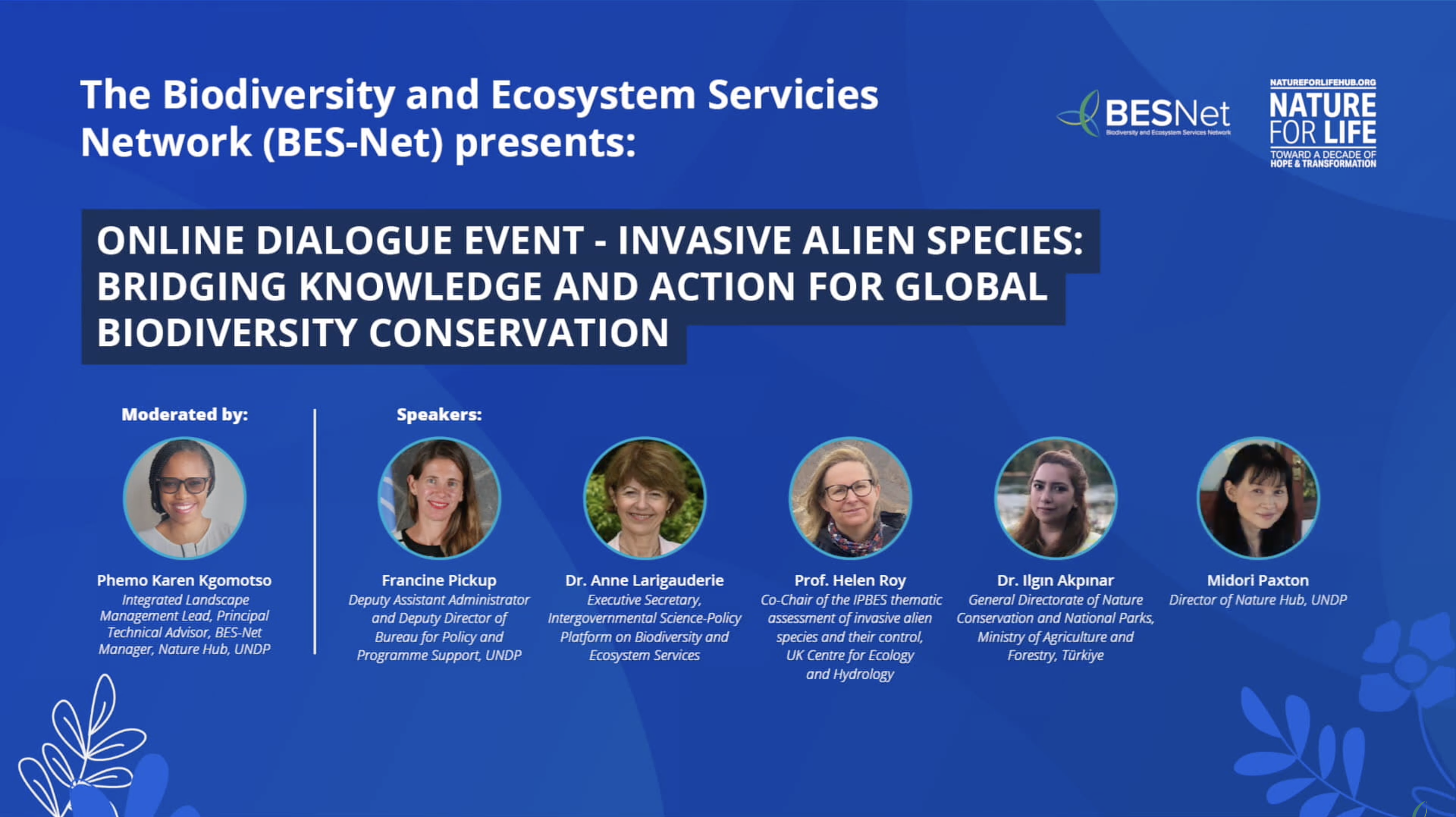
About the Dialogue
Convened by the Biodiversity and Ecosystem Services Network (BES-Net), this online dialogue is part of the three-day Nature for Life Hub 2023 event, which took place from 7–9 November 2023. It aimed to foster public awareness of the critical importance of the science-policy-practice interface, focusing on the comprehensive knowledge base that IPBES offers to inform nature-positive actions.
More specifically, the dialogue illustrated IPBES’s latest contribution towards tackling one of the main direct drivers of biodiversity loss: Invasive Alien Species (IAS). The session presented the key findings of the recently launched IPBES IAS assessment and explored how it provided renewed impetus for efforts ongoing at the national level with the support of UNDP and other partners.
This dialogue was expected to contribute particularly to the Hub’s sub-category “Enhancing Knowledge, Skills and Capacities to Manage and Conserve Biodiversity”. In addition, it aimed to:
Introduce the role of IPBES at the interface between knowledge holders and decision makers.
Increase awareness of the latest findings and evidence on IAS generated through the IPBES assessment.
Inspire and inform a cross-disciplinary discussion on implementing science-based policies and actions for biodiversity conservation, with a specific focus on IAS and GBF Target 6.
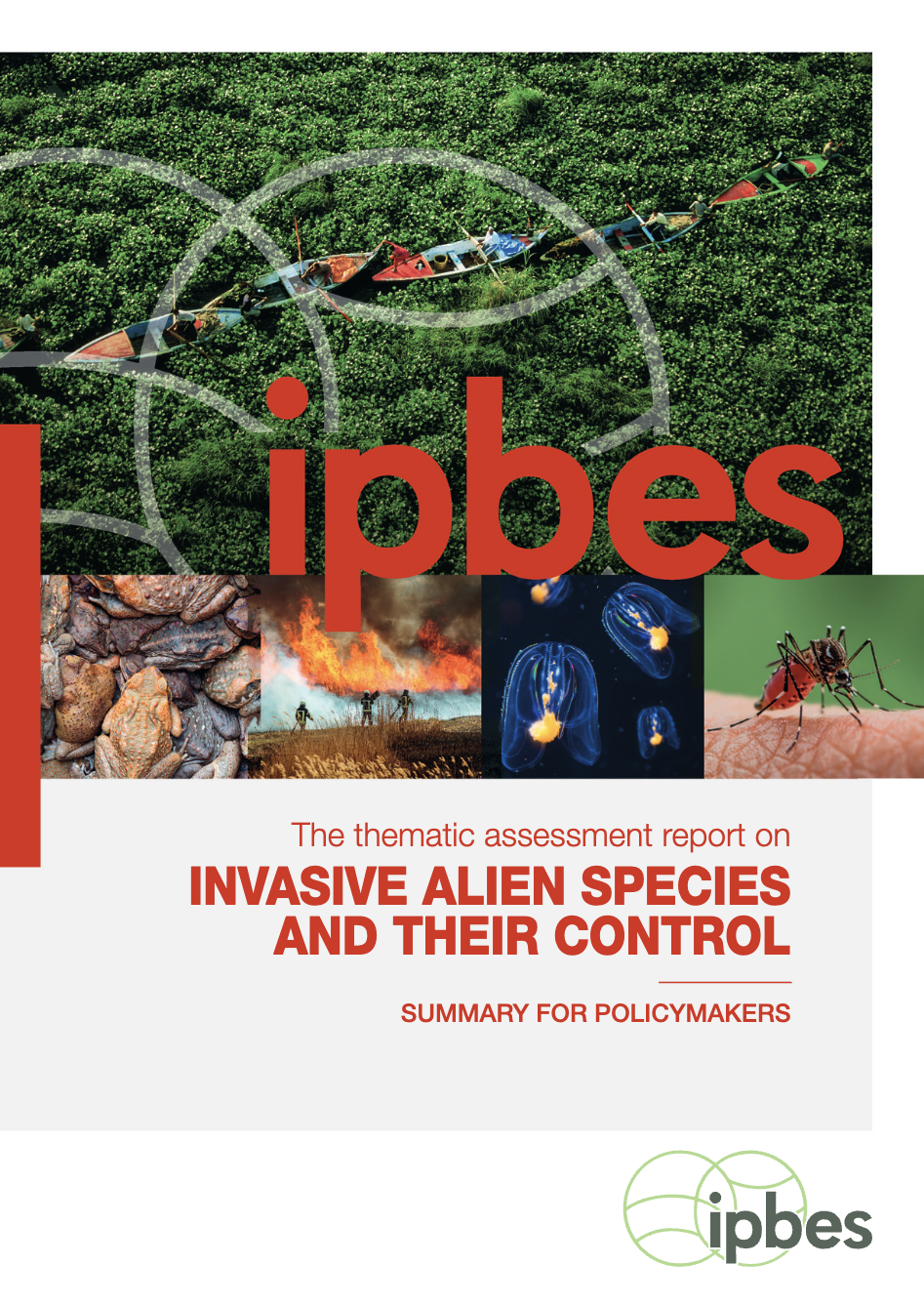
About the Dialogue

Convened by the Biodiversity and Ecosystem Services Network (BES-Net), this online dialogue is part of the three-day Nature for Life Hub 2023 event, which took place from 7–9 November 2023. It aimed to foster public awareness of the critical importance of the science-policy-practice interface, focusing on the comprehensive knowledge base that IPBES offers to inform nature-positive actions.
More specifically, the dialogue illustrated IPBES’s latest contribution towards tackling one of the main direct drivers of biodiversity loss: Invasive Alien Species (IAS). The session presented the key findings of the recently launched IPBES IAS assessment and explored how it provided renewed impetus for efforts ongoing at the national level with the support of UNDP and other partners.
This dialogue was expected to contribute particularly to the Hub’s sub-category “Enhancing Knowledge, Skills and Capacities to Manage and Conserve Biodiversity”. In addition, it aimed to:
Introduce the role of IPBES at the interface between knowledge holders and decision makers.
Increase awareness of the latest findings and evidence on IAS generated through the IPBES assessment.
Inspire and inform a cross-disciplinary discussion on implementing science-based policies and actions for biodiversity conservation, with a specific focus on IAS and GBF Target 6.








